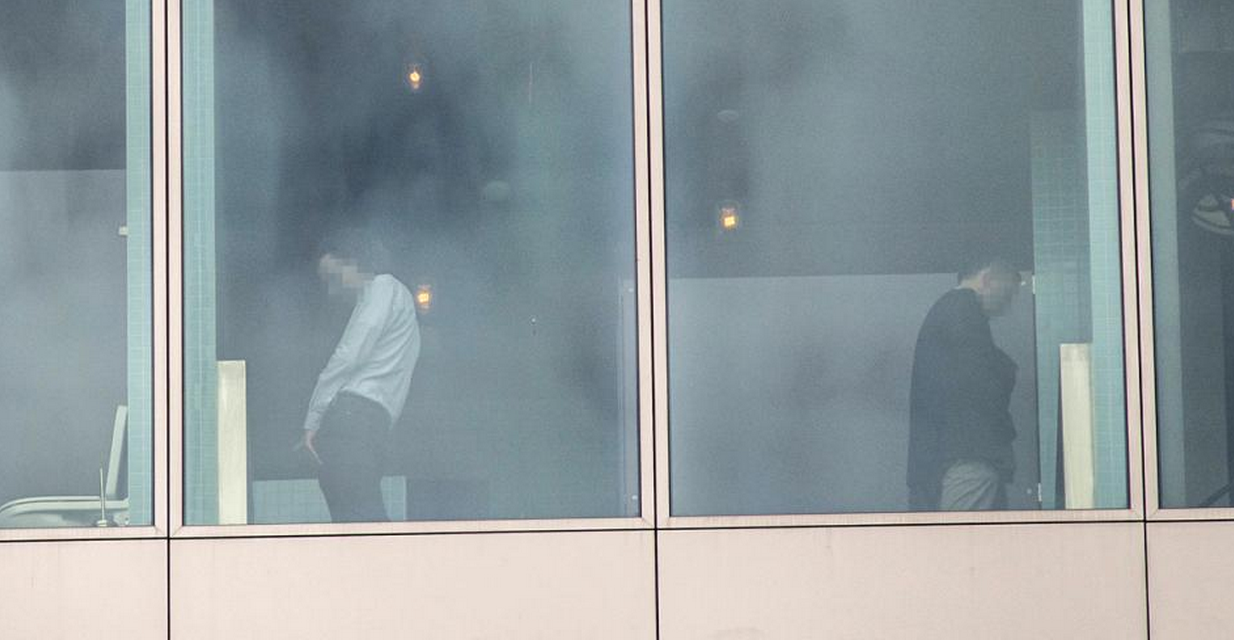Our courts are routinely providing legal interpretations to our nation’s laws. What our courts cannot do is “legislate from the bench” as they are the judiciary, not the legislative branch of our government. At times, we find these paths crossing regarding the same issue; in this case it’s the interpretation (i.e. what was the intent of Congress) of the new TSA fees’ cap.
Organizations such as Airlines for America (“A4A”) and the International Air Transport Association (“IATA”) believe the law is clear, and are seeking the help of the courts to protect passengers. In July, travelblawg wrote about how these two airlines trade groups filed a Joint Petition in the U.S. Circuit Court of Appeals in Washington, D.C. for review of the June 20, 2014 TSA Rule increasing the passenger security fee, arguing that the new limits ignored the legal cap by increasing the TSA fee as much as 236%.
While that appeal is addressed by the Court, Congress is attempting to expressly state its intent with a clarification of the law and caps through Bill H.R. 5462, which includes revising 49 U.S.C. § 44940(c) (fee limits section) to include:
[TSA passenger fees] shall be $5.60 per one-way trip in air transportation or intrastate air transportation that originates at an airport in the United States, except that the fee imposed per round trip shall not exceed $11.20. … the term `round trip’ means a trip on an air travel itinerary that terminates or has a stopover at the origin point (or co-terminal). (My emphasis added.)
Once the Senate likely follows suit, Congress will have asserted its correct intent to cap such fees per trip, saving passengers from paying extra fees extra air travel stopovers and layovers in the same booked trip. While this does more than double the prior TSA fee of $2.50 to $5.60, it provides a cap to round trip travel, assuming more interpretation issues do not arise.
____
@travelblawg
facebook.com/travelblawg
Subscribe in the sidebar!
Disclosure of Material Connection: Some of the links in the post above are “affiliate links.” This means if you click on the link and purchase the item, I will receive an affiliate commission.




